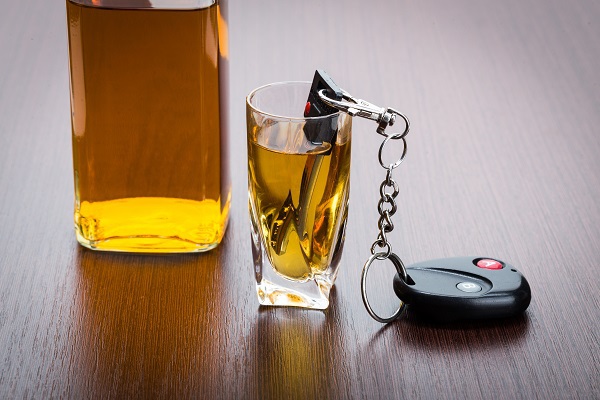What Happens During a Typical Arraignment?
During a typical arraignment, a person arrested for a crime hears the charges against him and enters a plea to the judge. An arraignment happens after the person is arrested. He may spend some time in jail immediately after the arrest, depending on when a judge is available or when the arraignment is scheduled. During the Arraignment An arraignment is the first time that someone accused of a crime (called a “defendant”) meets a criminal court judge. This hearing will take place at a courthouse in a courtroom, where the judge sits at the front of the room. There may be many...
Continue reading




